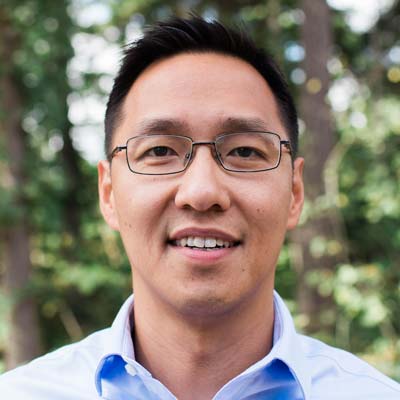Young-IL Kim, PhD
Associate Professor of Sociology
Areas of Expertise
- Sociology of family
- Sociology of religion
- Volunteering
- Social trust
- Applied research

Young-IL Kim joined George Fox in 2017 as an assistant professor of sociology, and he was promoted to associate professor in 2023. In the six years prior to his arrival at the university, he worked as a postdoctoral scholar and research assistant professor in the Institute for Studies of Religion at Baylor University. His research focuses on the ways in which the family and voluntary associations promote—or inhibit—generosity and social solidarity.
His work has been published in Scientific Reports, Social Science Research, Social Science Quarterly, Sociological Perspectives, Sociological Focus, Nonprofit and Voluntary Sector Quarterly, and Review of Religious Research. His research has also been featured in media outlets including The New York Times, The Wall Street Journal, The Washington Times, and Psychology Today.
His most recent research examines social trust and volunteering across 22 countries as part of the Global Flourishing Study (GFS), a collaborative project between scholars at the Human Flourishing Program at Harvard University and Baylor’s Institute for Studies of Religion.
In addition to his research, he is passionate about teaching and investing in the lives of college students, especially mentoring those with scholarly potential and guiding them in research and professional development.
Selected Publications
*denotes student coauthor
Kim, Young-Il, Tyler J. VanderWeele, and Byron R. Johnson. 2025. “Childhood Predictors of Perceptions of Social Trust across 22 Countries in the Global Flourishing Study.” Scientific Reports 15:14358.
Kim, Young-Il, and Sung Joon Jang. 2023. “A Randomized Controlled Trial of the Effectiveness of the TYRO Dads Program.” Family Relations 72(1):271–93.
Kim, Young-Il, and Isaak Swan*. 2019. “Religious Heterogamy, Marital Quality, and Paternal Engagement.” Religions 10(2), 102.